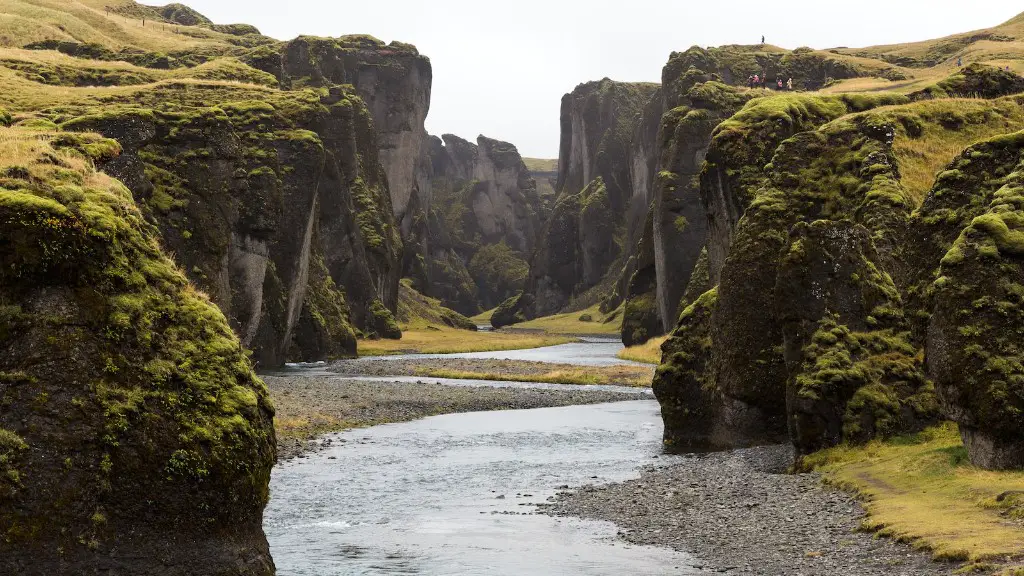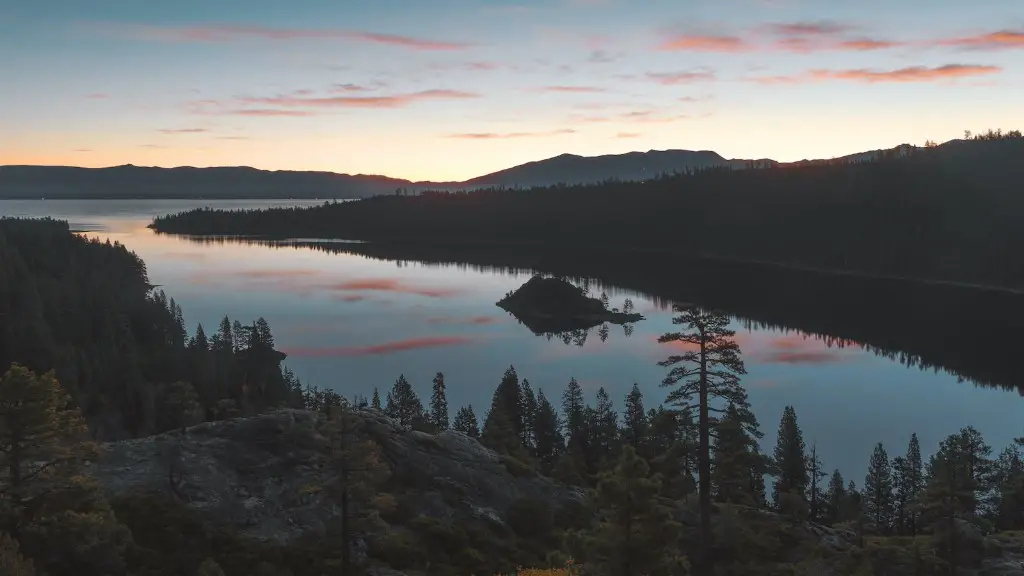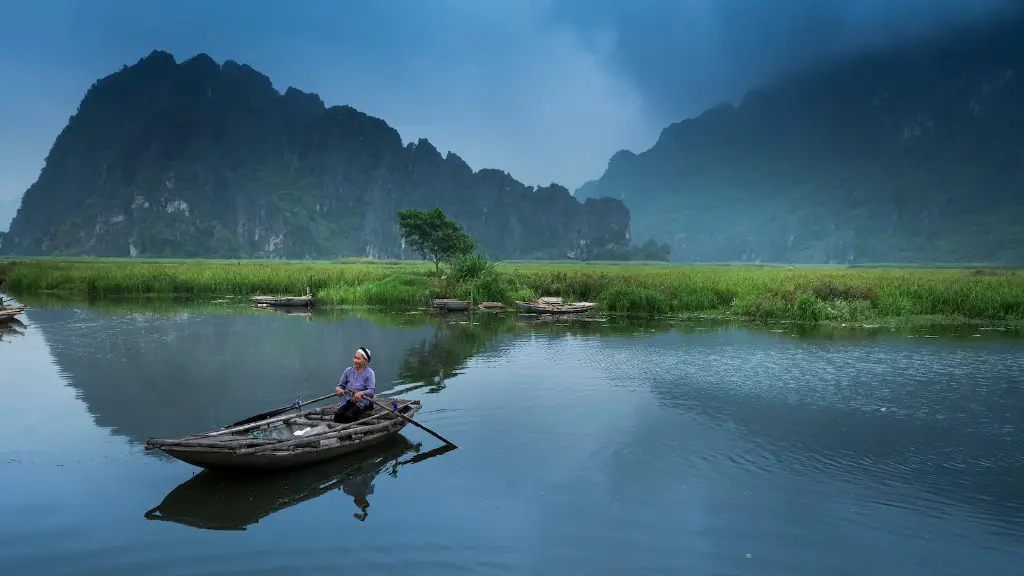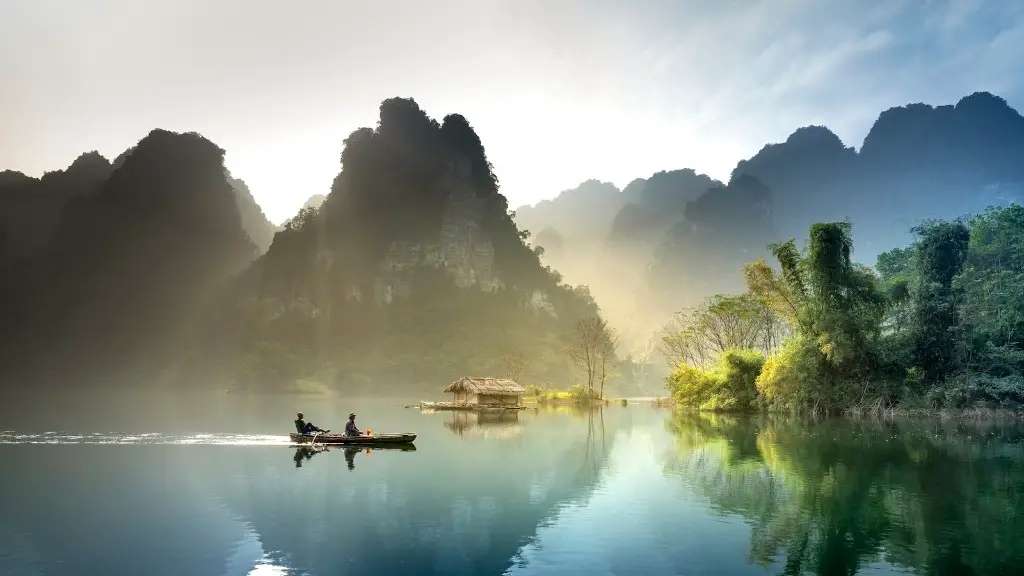The Yangtze River Dam is one of China’s most ambitious and contentious projects, involving the construction of the world’s largest hydroelectric dam.Since its inception in 2003, the dam has been surrounded by controversy. This article will explore the reasons why it was built, provide relevant data and perspectives from experts, and analyze its implications for the population of China and other countries.
Economic Necessity
The most prominent justification for the construction of the Yangtze Dam was the purpose of creating electricity. According to Chinese officials, the demand for power in the area had already exceeded the capacity of hydroelectric sources and other alternative energy sources to provide it. Estimations proposed that the dam would provide up to a quarter of the power required in the area.
This enthusiasm was echoed by the Chinese political and economic elite. Building a dam on the Yangtze would not only provide a new energy source, but also serve as a sign of economic progress and a boost in national pride. A spokesperson for Beijing stated at the time, “This dam is an example of how China is leading the way in development, and how our nation is now more powerful than ever.”
Environmental Impact
One of the most contentious aspects of the Yangtze Dam project was its potential environmental impact. Opponents of the dam argued that the flooding of hundreds of miles of the Yangtze River valley would lead to the displacement of millions of people and the destruction of local ecosystems and biodiversity.
Despite these warnings, the Chinese government went ahead with the construction of the dam. Reports from the time indicated that the government believed that the economic benefits of the dam would outweigh the environmental cost. This decision has been heavily criticized by environmentalists, who suggest that the dam was built without the full consideration or consideration of its long-term effects.
Social Disruption
The construction of the Yangtze Dam has not come without its social costs. The displacement of millions of people from their homes, the disruption of traditional lifestyles, and the alteration of cultural landmarks in the Yangtze Valley has caused much criticism from both within China and internationally. Critics of the project have argued that the Chinese government has done little to safeguard the rights of the people displaced by the project.
In addition to the disruption of social and cultural norms in the region, the protests and resistance to the dam project have also been intense. Local activists have staged demonstrations challenging the legitimacy of the project and its impacts on the environment, while international pressure has been brought against the Chinese government to halt construction.
Political Fears
Critics of the project have also argued that the Chinese government is using the construction of the dam to impose tighter control over the population in the region. This fear has been compounded by the presence of powerful military and police forces in the area, as well as reports of surveillance and harassment of local activists. It is important to note, however, that the Chinese government has denied all such allegations.
Furthermore, the Chinese government has argued that the dam will ultimately benefit the population of the region by providing a reliable and inexpensive energy source, reducing air pollution caused by burning coal, and providing an infrastructure for development of the region.
International Reaction
The construction of the Yangtze Dam has sparked widespread international opposition. Environmental organisations have used the dam as a symbol of China’s disregard for human and ecological rights, while other countries have called on China to halt construction of the dam and consider alternative sources of energy production.
The international controversy surrounding the Yangtze Dam has also contributed to tensions between China and its international partners, particularly the United States. US officials have expressed concern over the dam’s potential environmental and social impacts, while Chinese officials have argued that the US has no right to interfere in China’s internal affairs.
Analysis and Implications
In conclusion, the construction of the Yangtze Dam is an issue that has generated much controversy and debate. Supporters of the project argue that it will bring economic and environmental benefits to the region, while opponents claim that it threatens human rights and the environment.
The implications of this project are far-reaching, and will likely affect many countries in the region and across the globe. It remains to be seen, however, how the controversy will play out and what the long-term outcomes will be. Lurking behind the debates are not only the technical and economic arguments, but also political and cultural forces that are likely to shape the future of the Yangtze River.
Politics and Human Rights
The politics and human rights impact of the Yangtze River Dam is an area of great concern. The Chinese government’s decision to go ahead with the dam has been heavily criticised by human rights activists, and has been seen by many as a violation of the rights of the local people.
The Chinese government has sought to defend its decision by claiming that the economic benefits of the project outweigh any negative impacts on human rights and the environment. Regardless, the threat to human rights continues to haunt the project, and it is highly likely that the issue will remain prominent in both domestic and international debates over the dam.
Economic Factors
A further area for consideration is the economic implications of the Yangtze River Dam. While many experts agree that the project is likely to provide a boost to the local economy, the cost of the project has been estimated to be high, and the potential efficacy of the project has been questioned by some.
There are also additional economic implications to consider. For example, the dam is likely to create market distortions, particularly in the energy markets, while critics have also questioned the profitability of the project and the sustainability of the energy supply it is expected to provide.
Cultural Implications
The cultural implications of the Yangtze River Dam have also been the subject of much debate. Supporters have argued that the dam is an example of progress and globalisation, while opponents have warned that the dam threatens the cultural heritage of the region.
The reality is that the cultural implications of the dam are complex. On the one hand, some argue that the development of the region is necessary for the economic and social welfare of the people living there. On the other hand, opponents worry that the dam will be damaging to the traditional way of life in the region.
Conclusion
In conclusion, the Yangtze River Dam has generated much debate and controversy. The project has been lauded as an example of progress and economic development, while critics have warned that it poses a threat to the environment and human rights. Understanding the implications of the project requires a complex analysis of the cultural, political, and economic factors at play. Ultimately, it is up to the Chinese government and the international community to decide whether the dam is worth the costs.





